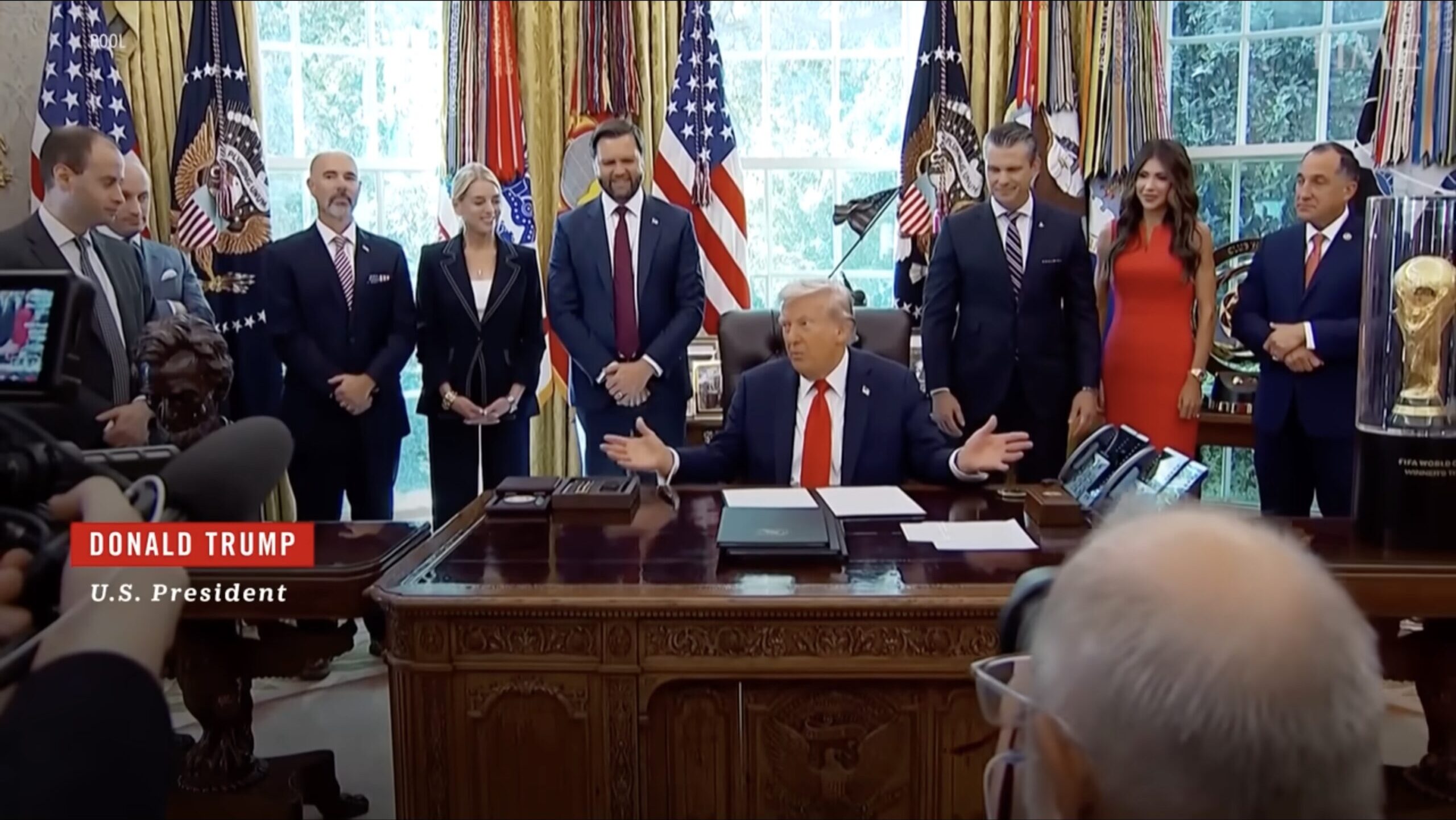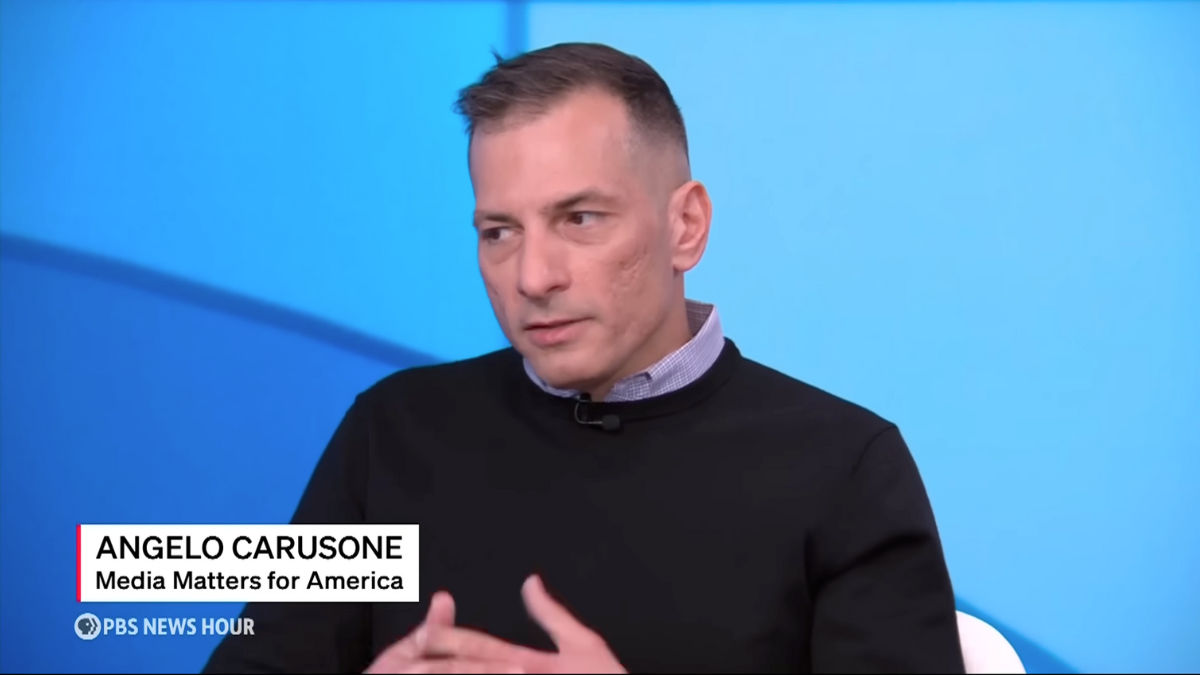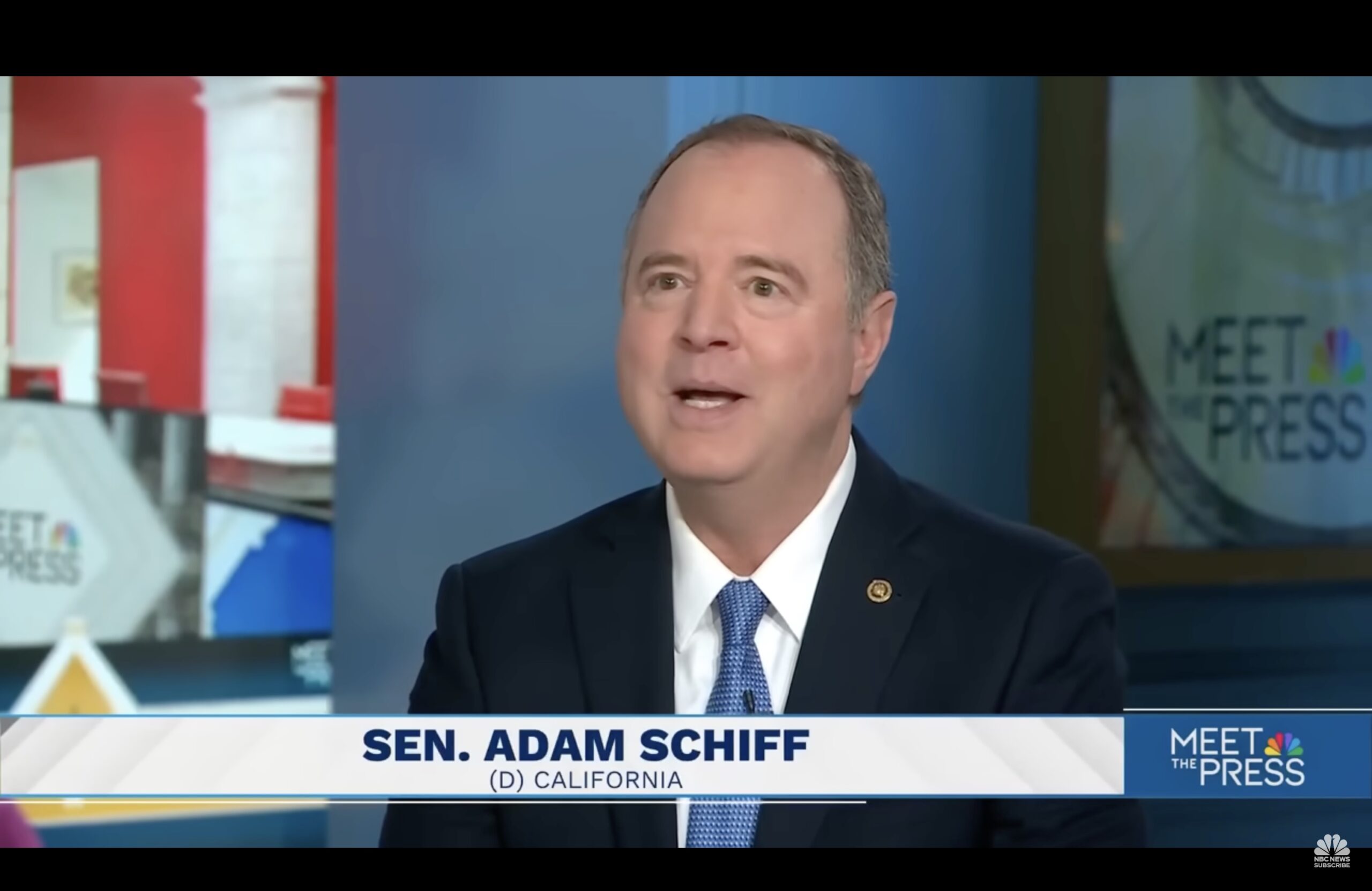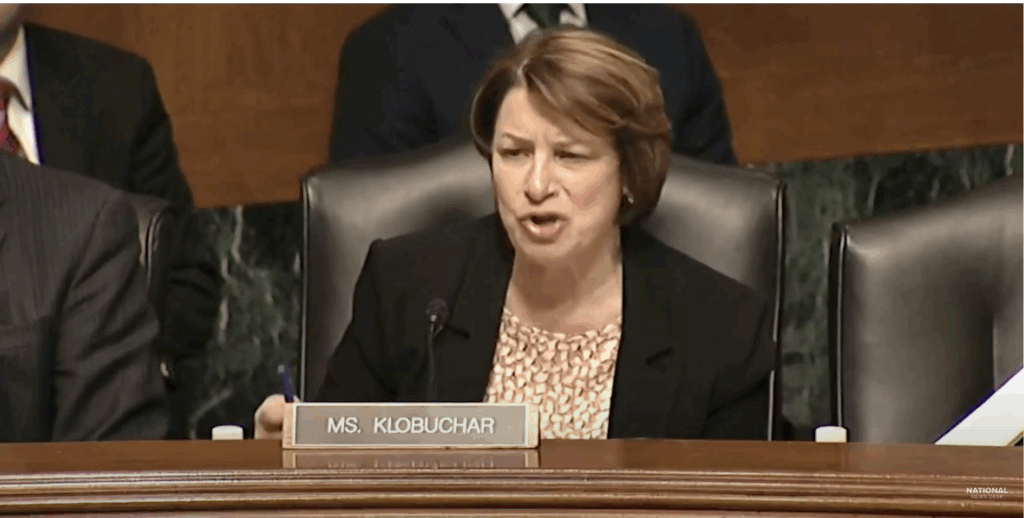President Donald Trump signed an executive order on August 25, 2025, directing federal agencies to enforce existing laws against the desecration of the American flag. The order aims to ensure that acts of flag desecration are prosecuted under current criminal and civil laws, emphasizing that it does not create new legislation.
The executive order specifies that enforcement should prioritize actions that cause harm unrelated to expression, aligning with First Amendment protections. However, it does not criminalize flag burning itself, which has been deemed protected speech by the Supreme Court.
Critics from both sides of the political spectrum have expressed concerns over the implications of the order. The New York Times reported that legal experts, including Charlie Savage and Luke Broadwater, highlighted the potential for violations of free speech rights if noncitizens were deported or denied visas for flag desecration. They referenced the landmark Supreme Court case Texas v. Johnson, which affirmed flag burning as a form of protected speech.
CNN’s Zachary B. Wolf echoed these sentiments, noting that Trump’s order could lead to prosecutions under existing statutes, including hate crime laws. Wolf reminded readers that the Supreme Court’s 1989 ruling established flag burning as constitutionally protected.
In contrast, the media response to incidents involving the burning of Pride flags has been markedly different. In a recent incident in New York, two rainbow Pride flags were set ablaze outside a gay bar, contributing to a reported increase in hate crimes. The New York Times’ Sharon Otterman reported on this spike but did not reference First Amendment protections in her coverage.
In 2019, CNN reported on an Iowa man sentenced to prison for burning an LGBT flag displayed at a church. This act was classified as a hate crime, and the coverage did not invoke free speech arguments. Similarly, the Associated Press reported on four individuals charged with hate crimes for vandalizing an LGBT Pride flag, again omitting any mention of First Amendment rights.
Supporters of the executive order argue that it is necessary to protect national symbols from desecration. They assert that the flag represents the values and sacrifices of the nation, and its protection is paramount.
Conversely, opponents argue that the order could set a dangerous precedent for limiting free speech. They contend that the selective application of free speech protections based on the symbol involved undermines the principle of equality under the law.
As the debate continues, the contrasting media narratives surrounding flag desecration highlight a complex intersection of free speech, symbolism, and societal values. The executive order has reignited discussions on the boundaries of expression and the legal protections afforded to various symbols in American society.
READ Trump Administration Seeks Supreme Court Relief in USAID Funding Dispute



